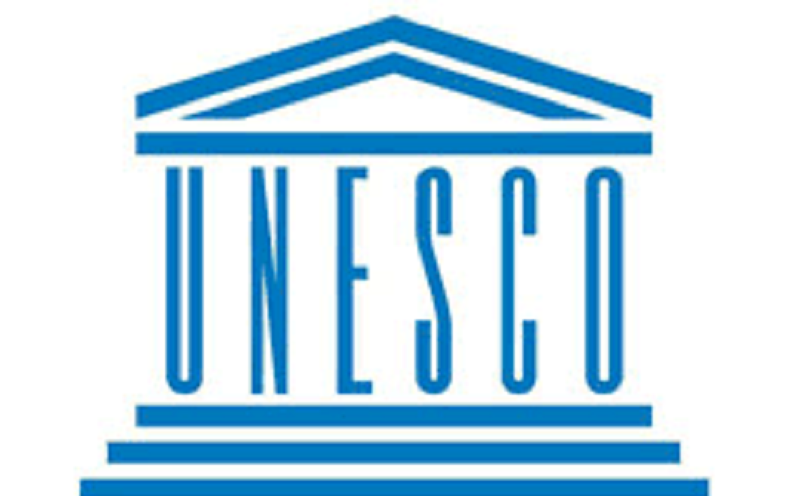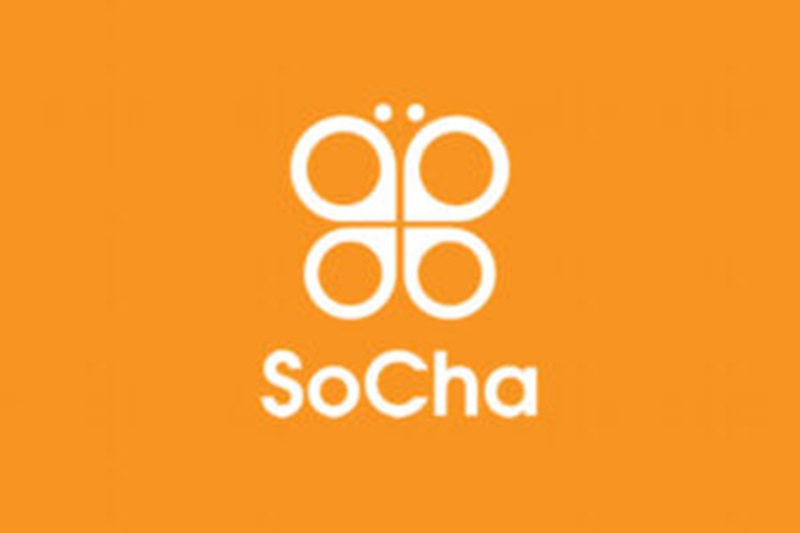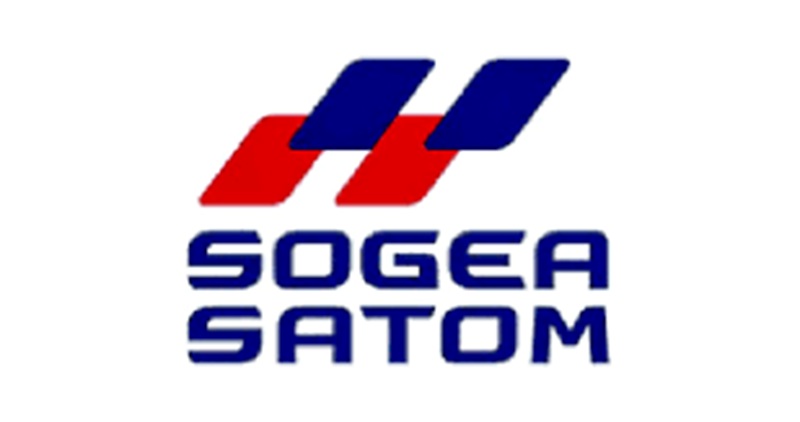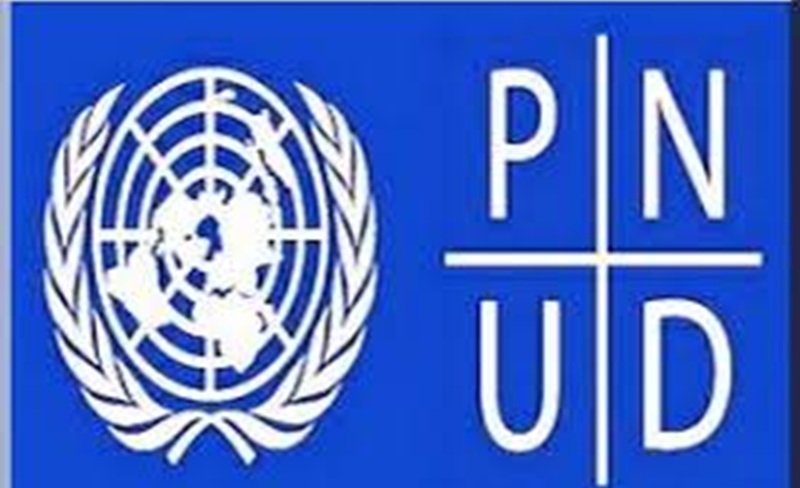EL’Organisation des Nations unies pour l’éducation, la science et la culture (UNESCO) est une institution spécialisée internationale de l’Organisation des Nations unies, créée le 16 novembre 1945 à la suite des dégâts et des massacres de la Seconde Guerre mondiale.
L’Organisation recrute au poste de Programme Specialist (Education)
OVERVIEW OF THE FUNCTIONS OF THE POST
Under the overall authority of the Assistant Director-General for Education (ADG/ED), the guidance of the Director of the UNESCO Multi-sectoral Regional Office in Dakar, and the direct supervision of the Senior Programme Specialist for Education, the incumbent will support the planning, implementation and monitoring of the regional programme on education policy and planning and manage a team of staff working in the area of teaching and learning. In particular, s/he will:
Programme Design and Management
- Coordinate, plan, monitor and implement the Office’s Programme on Teaching and Learning with a focus on teachers policies and management. Identify focus areas within the Member States’ needs and priorities and in alignment with UNESCO’s mandate and programme, and with the UN and other development partners’ approaches and strategies. Recommend programmes and approaches to respond to multi-sectoral development challenges.
- Develop, support and monitor programmes and strategies with regard to the Sustainable Development Goal 4 (SDG4-Education 2030), the UN Development Assistance Frameworks (UNDAF) and UNESCO Country Strategy (UCS) documents, including in areas of education policy, planning and management in particular in the area of teaching and learning.
Long Description
Policy Advice and Technical Assistance
- Initiate and develop policy advice, methodological tools and technical assistance to Ministries of Education and other key stakeholders to implement regional and country-level programme activities, in particular in areas of teaching and learning planning, resource projections and information management systems with a focus on teacher issues.
- Develop, implement and monitor research activities, technical assistance projects, capacity development programmes and related funding proposals on policy and technical issues pertinent to education and lifelong learning policies and strategies mainly on teaching and learning and including remote learning.
Knowledge Management, Partnerships and Resources Mobilization
- Develop knowledge base and implement outreach strategies, aimed at expanding and communicating UNESCO programmes on education and lifelong learning policies particularly on teaching and learning and a focus on teacher issues.
- Mobilize and network, in collaboration with UNESCO Specialized Institutes (especially IIEP, UIL, UIS, IBE, IICBA), with national, regional and international partners, including in the context of the Regional Coordination Group on SDG4 – Education 2030.
- Mobilize resources to support education policy analysis, planning and system development in the region, by preparing project proposals and cooperation frameworks with Member States and donor agencies and by engaging in fundraising activities.
COMPETENCIES (Core / Managerial)
–
Education
- Advanced university degree (Master’s or equivalent) in education, education policy, economics, public policies, social sciences or closely related field(s).
Work Experience
- Minimum 7 years of progressively responsible relevant professional experience in the field of teaching and learning policies and planning, including managing, coordinating and monitoring of teacher education and development programmes, acquired at the national and international level.
- Proven experience in education policy advice, formulation and evaluation.
- Experience in reviewing and analysing teacher-related policies.
Skills and competencies
- Analytical skills and ability to collect, synthesize and analyze information from various sources.
- Proven ability to identify emerging development trends and educational needs.
- Ability to provide expert advice to policy and decision makers.
- Demonstrated ability to plan strategically, and to translate strategy into priorities and action.
- Ability to coordinate, negotiate and network with a wide range of partners, donors and other stakeholders.
- Excellent written and oral communication skills, including the ability to prepare, present and discuss findings and recommendations clearly and concisely.
- Ability to manage staff and teams, and to maintain effective working relationships in a multicultural environment.
- Excellent interpersonal skills.
- Very good IT skills.
Languages
- Excellent knowledge (written and spoken) of English or French, and good knowledge of the other language.
DESIRABLE QUALIFICATIONS
Education
- Advanced university degree (PhD or equivalent) in the field of education, public policies, international development or related field.
- Advanced training in economics, statistical analysis or planning.
- Academic specialization in teacher policy and management.
Work Experience
- Proven experience in fundraising.
- Practical experience in policy support and capacity development in education planning, resource projections and information management systems.
- Demonstrated experience in design, management and coordination of education plans and strategies at the international level.
- Experience in research pertaining to teacher policies and management.
- Experience in undertaking quantitative and qualitative analysis and surveys for data collection.
Skills and competencies
- Familiarity with the work and functioning of the UN System including key mechanisms such as the UN Development Assistance Framework (UNDAF), UN Country Team (UNCT), Delivering as One (DaO) and other joint UN Programming and UN inter-agency initiatives.
Languages
- Good knowledge of Portuguese.
BENEFITS AND ENTITLEMENTS
UNESCO’s salaries consist of a basic salary and other benefits which may include if applicable: 30 days annual leave, family allowance, medical insurance, pension plan etc.
For full information on benefits and entitlements, please consult our Guide to Staff Benefits.
SELECTION AND RECRUITMENT PROCESS
Please note that all candidates must complete an on-line application and provide complete and accurate information. To apply, please visit the UNESCO careers website. No modifications can be made to the application submitted.
The evaluation of candidates is based on the criteria in the vacancy notice, and may include tests and/or assessments, as well as a competency-based interview.
UNESCO uses communication technologies such as video or teleconference, e-mail correspondence, etc. for the assessment and evaluation of candidates.
Please note that only selected candidates will be further contacted and candidates in the final
selection step will be subject to reference checks based on the information provided.
UNESCO applies a zero tolerance policy against all forms of harassment.
UNESCO is committed to achieve and sustain gender parity among its staff members in all categories and at all grades. Furthermore, UNESCO is committed to achieving workforce diversity in terms of gender, nationality and culture. Individuals from minority groups, indigenous groups and persons with disabilities, as well as nationals from non-and under-represented Member States (last update here) are equally encouraged to apply. All applications will be treated with the highest level of confidentiality. Worldwide mobility is required for staff members appointed to international posts.
UNESCO does not charge a fee at any stage of the recruitment process.





